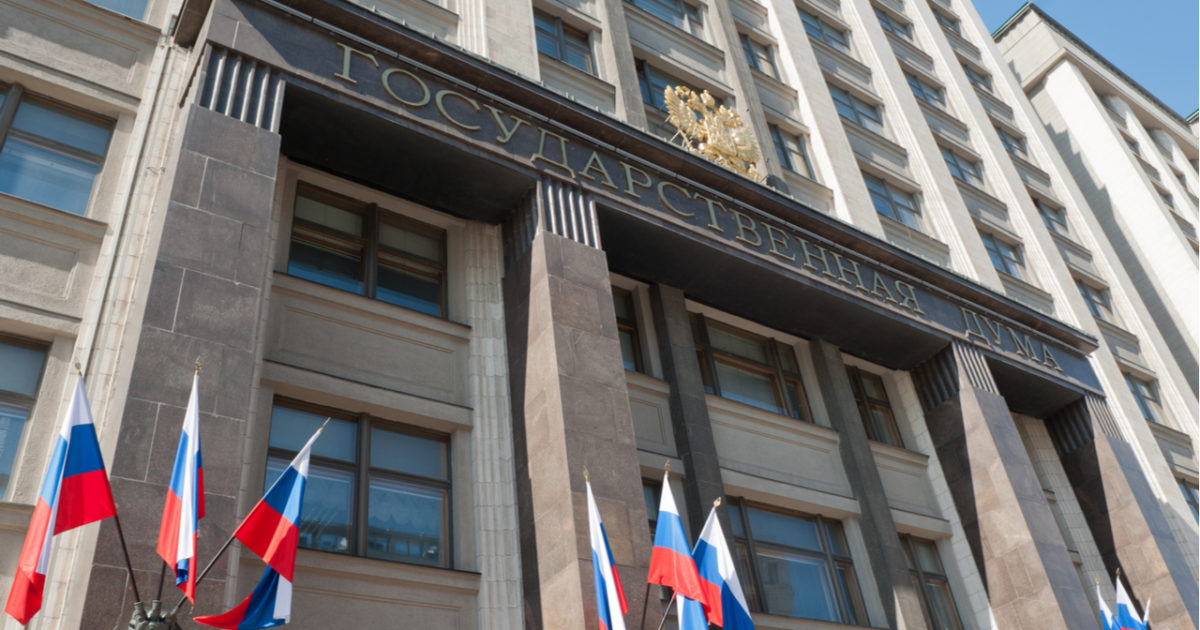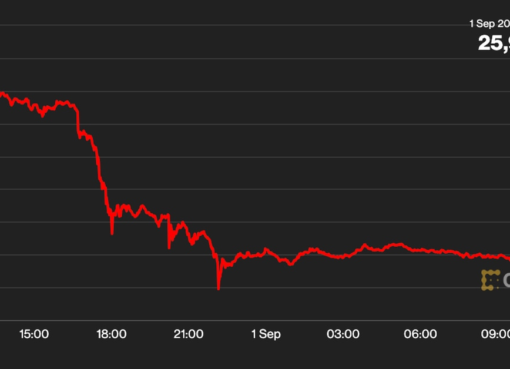Authorities in Russia are continuing their work to establish a comprehensive legal framework for crypto transactions. The efforts, which started before the military invasion of Ukraine, go on amid warnings that Moscow may use cryptocurrencies to evade expanding financial sanctions.
Expert Council Meets in Russia to Discuss Law ‘On Digital Currency’
Attempts to legalize and regulate operations with cryptocurrencies are ongoing in Russia, despite the situation surrounding the military assault the Kremlin launched in neighboring Ukraine. An expert council supporting the crypto regulatory working group at the State Duma, the lower house of parliament, is meeting today to review new legislation.
The members of the body will hold discussions on the draft law “On Digital Currency.” The bill was submitted by the Ministry of Finance and reflects its concept on the matter. Unlike the Central Bank of Russia, the treasury department favors legalizing the industry under strict rules. Its approach has been backed by the federal government and other institutions.
Bitnalog, a portal advising Russians on how to pay their taxes on crypto incomes and profits, has published an announcement by the Duma on Telegram about the upcoming meeting. It was originally supposed to take place on Friday, but the outlet later updated subscribers to its channel that it has been rescheduled for Saturday, March 5.
In January, Bank of Russia proposed a blanket ban on most crypto-related activities, including use in payments, trading, and mining of digital currencies in the Russian Federation. The experts will now try to address its concerns, including highlighted risks for the country’s financial stability and the need to protect investors.
The renewed push to fill regulatory gaps remaining after the law “On Digital Financial Assets” went into force last year, comes amid warnings that Russia might try to use cryptocurrencies to circumvent international sanctions. These include expulsion of Russian banks from SWIFT and restricting access to cryptocurrency platforms for Russian users.
Meanwhile, Ukraine itself has been increasingly relying on cryptocurrencies to fund its defense efforts and solve humanitarian problems. Millions in digital assets have been donated to the government in Kyiv and volunteer groups. Shortly before hostilities began, the Ukrainian parliament adopted a law “On Virtual Assets” to regulate the country’s crypto space.
Do you think Russia will accelerate the legalization of cryptocurrencies amid financial sanctions? Share your expectations in the comments section below.
Image Credits: Shutterstock, Pixabay, Wiki Commons
Disclaimer: This article is for informational purposes only. It is not a direct offer or solicitation of an offer to buy or sell, or a recommendation or endorsement of any products, services, or companies. Bitcoin.com does not provide investment, tax, legal, or accounting advice. Neither the company nor the author is responsible, directly or indirectly, for any damage or loss caused or alleged to be caused by or in connection with the use of or reliance on any content, goods or services mentioned in this article.




